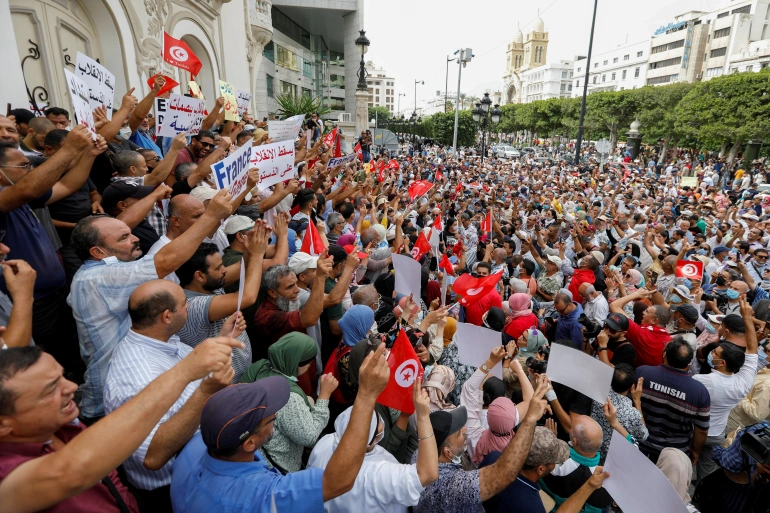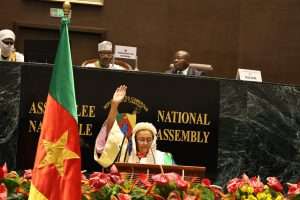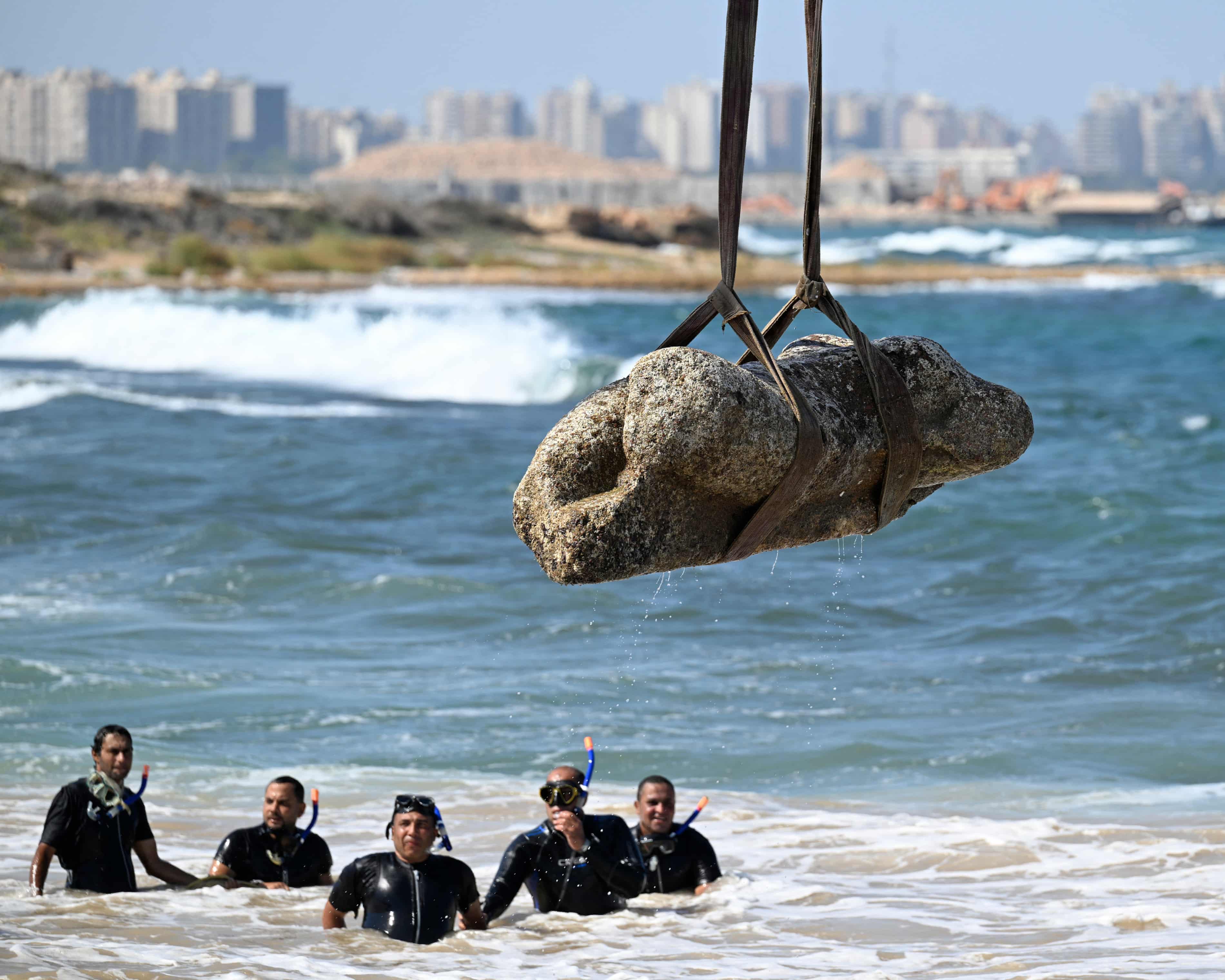Tunisia Union Resists President’s ‘Reforms’

Tunisia’s president and his plans for so-called reforms, as well as elections, could all be in scrapped if Labour union’s gripes are not taken seriously
Tunisia’s president is bracing himself for a battle with the country’s power labour union which is calling for mass strikes and a boycott to parliamentary elections, following draconian measures he has taken, since becoming premiere.
The union issued its clearest challenge to President Kais Saied yet, rejecting his political and economic agenda and saying it will not tolerate what it called a threat to democracy.
“We no longer accept the current path because of its ambiguity and individual rule, and the unpleasant surprises it hides for the fate of the country and democracy,” Noureddine Taboubi, leader of the Tunisian General Labour Union (UGTT), said in a speech to thousands of supporters on December 3rd.
“We will not hesitate to defend rights and freedoms whatever the cost,” he added.
The statements represent a much harsher resistance to Saied, which until recently, largely remained quiet over anti democratic developments in a MENA country once hailed for being advanced by western powers.
The new government appointed by Saied in October recently angered the UGTT by proposing subsidy cuts and the restructuring of state-owned companies, in a push for an IMF bailout needed to avert national bankruptcy.
The UGTT has proven capable of paralysing the economy with strikes that closed airports, public transport, ports and government offices.
Saied shut down the elected parliament last year and moved to rule by decree before writing a new constitution that was passed mid-year in a referendum with low turnout, setting up elections for a new, weakened legislature in a move which shocked the Arab world.
The president’s critics have denounced his moves as a coup and have held repeated street protests. Saied has said his actions were necessary to save Tunisia, according to Al Jazeera.
The parliamentary vote is set to take place on December 17 but most political parties are boycotting the poll, faulting procedures the president has decreed including bringing the electoral commission under his purview.
Other electoral changes such as ending the public financing of campaigns will also make it difficult for women to run for office, the United States-based group Human Rights Watch warned.
Want to chase the pulse of North Africa?
Subscribe to receive our FREE weekly PDF magazine














